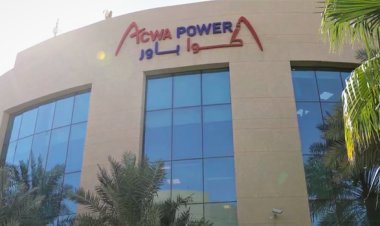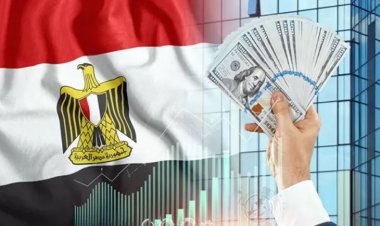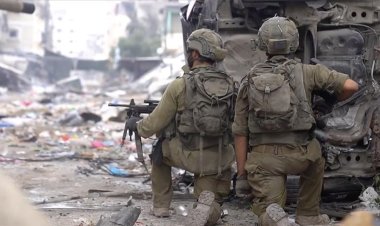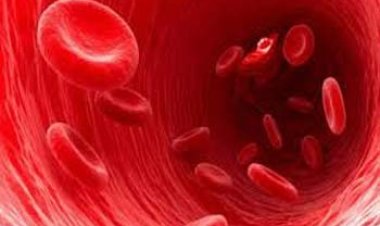Will the economic crisis end Erdogan's political career?
Turks voted on Sunday in one of the most important elections in Turkey's 100-year modern history, which could either topple President Recep Tayyip Erdogan or usher in a third decade of his rule.
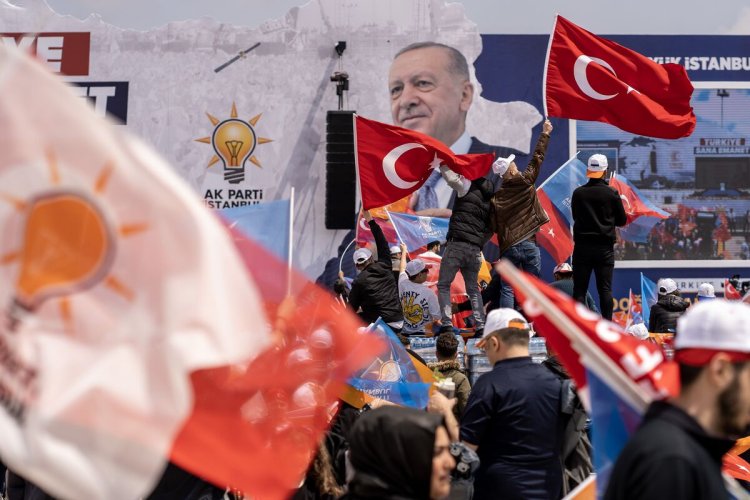
After 20 years in power, Erdogan is facing a major economic crisis, as a result of which he may lose in the current Turkish elections.
Turks voted on Sunday in one of the most important elections in Turkey's 100-year modern history, which could either topple President Recep Tayyip Erdogan or usher in a third decade of his rule.
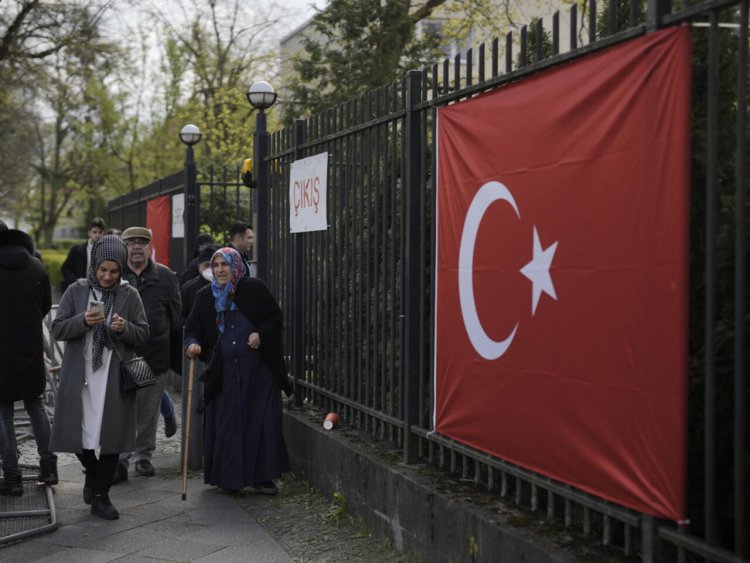
Who leads Turkiye?
The vote will decide not only who leads Turkey, a NATO member of 85 million people, but also how it is governed, where its economy is heading amid a deep cost of living crisis, and the shape of its foreign policy that has taken unexpected turns.
Opinion polls give Erdogan's main rival Kemal Kilicdaroglu, who heads a coalition of six opposition parties, a slight lead, but if either fails to get more than 50% of the vote, a run-off election will take place on May 28.
Voters will also elect a new parliament, potentially a close race between the People's Alliance made up of Erdogan's conservative Islamist Justice and Development Party, the nationalist MHP and others, and Kilicdaroglu's Nation Alliance of six opposition parties, including the secular CHP . (Republican People's Party), founded by Turkiye's founder Mustafa Kemal Ataturk.
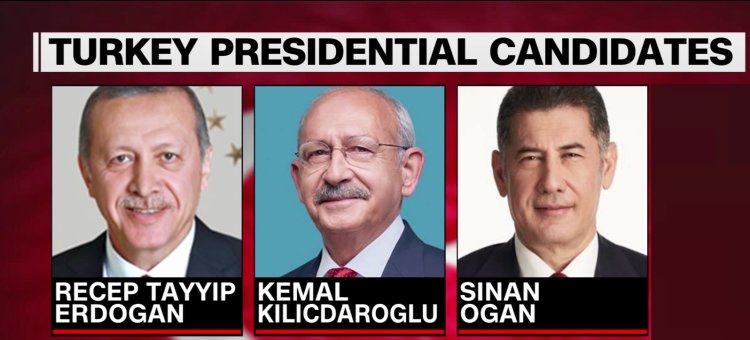
ballot boxes
Polls opened at 8 am (0500 GMT) and will close at 5 pm. (1400 GMT). Under Turkish law, it is forbidden to report any results until 9 p.m. By late Sunday, there could be a good indication of whether there will be a presidential runoff vote.
An economic crisis is at the door
In Diyarbakir, the city in the mainly Kurdish southeast that was hit by a devastating earthquake in February, some said they voted for the opposition, others for Erdogan.
"Change is needed for the country," said Nuri Can, 26, who cited Turkey's economic crisis as a reason for voting for Kilicdaroglu. "After the elections, there will be an economic crisis at the door again, so I wanted a change."
But Hayati Arslan, 51, said he voted for Erdogan and his AKP "The country's economic situation is not good, but I still think Erdogan will fix this situation. Turkey's prestige abroad has reached a very good point with Erdogan and I want this to continue," he said.
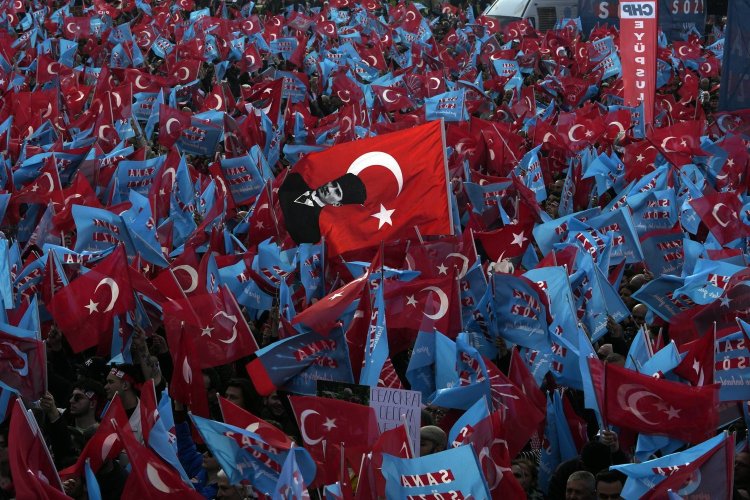
polling station
Queues formed at polling stations in the city, with about 9,000 police on duty across the county.
Many in provinces affected by the earthquake, which killed more than 50,000 people, expressed anger at the government's slow initial response, but there is little evidence that the issue has changed how people vote.
Kurdish voters
Kurdish voters, who account for 15-20% of the electorate, will play a pivotal role, and the Nation Alliance is unlikely to gain a parliamentary majority on its own.
The pro-Kurdish Peoples' Democratic Party is not part of the main opposition alliance, but it is staunchly opposed to Erdogan after a crackdown on its members in recent years.
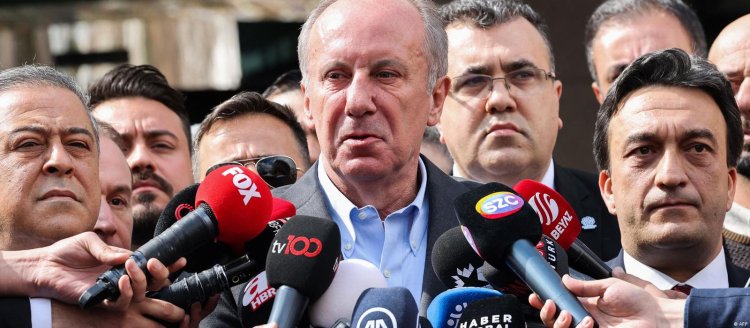
The HDP announced its support for Kilicdaroglu in the presidential race. It is entering the parliamentary elections under the banner of the Small Green Left Party due to a lawsuit filed by a senior public prosecutor seeking to ban the HDP due to its links to Kurdish fighters, which the party denies.


 Shrouq
Shrouq 







